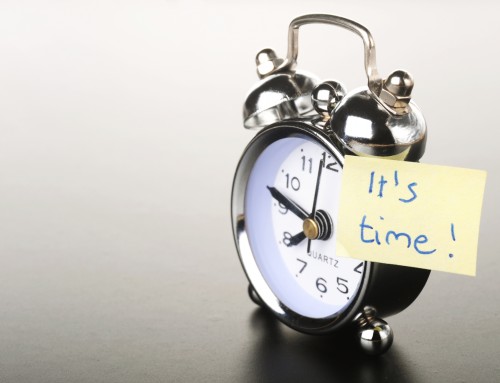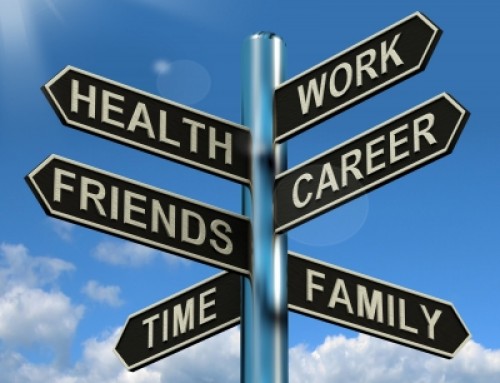Balance is Key
 Most of us see ourselves as the ideal leader/employee. We work for as long as it takes to deliver the outcome, have an unlimited amount of energy for anything that relates to our work and do not let our personal lives get in the way. Behaviours such as these then become self-fulfilling, people start to expect this level of commitment all the time. They expect you to be there from dawn to dusk; to be available at all hours and for your undivided attention at all times. While this level of commitment can be maintained for a short period, it clearly cannot be sustained in the long term. In fact, when we are this far out of balance, it can be quite dangerous.
Most of us see ourselves as the ideal leader/employee. We work for as long as it takes to deliver the outcome, have an unlimited amount of energy for anything that relates to our work and do not let our personal lives get in the way. Behaviours such as these then become self-fulfilling, people start to expect this level of commitment all the time. They expect you to be there from dawn to dusk; to be available at all hours and for your undivided attention at all times. While this level of commitment can be maintained for a short period, it clearly cannot be sustained in the long term. In fact, when we are this far out of balance, it can be quite dangerous.
In his article, Five Consequences of a Life Out of Balance, Michael Hyatt discusses what we are risking in our never ending quest to be the ideal employee. While being able to prioritise our work above all other commitments may be seen as commendable, it can (and most likely will) result in a life drastically out of balance. So what is it that we are risking when we get so out of balance?
The five main areas of our lives that are at risk when we are out of balance are:
- Our health: Long periods of sitting, endless cups of coffee, lack of sleep and poor diet choices are typical behaviours that go hand in hand with working long hours. These behaviours can drastically affect our health and well-being and ultimately our life expectancy.
- Our family: Spending quality time with family is something that can never be replaced if you’re not doing it now. Spouses, children, siblings and extended family all deserve our attention. The strength and support we actually get from being fully connected to them helps us be more focused when we need to be at work.
- Our friends: Friendships, just like any other types of relationship, take time and effort to maintain. It is wonderful if we can count work colleagues as friends, but it is just as important and brings balance to your life, to cultivate friendships outside of the workplace.
- Our effectiveness: We are only really effective for a limited amount of time each day. Trying to extend this window of effectiveness produces very little (if any) additional productivity.
- Our example: As leaders, our example sets the tone for the rest of our team. If we are seen to be consistently spending upwards of 55 hours per week at work, they may start to think that this is what we expect of them. We need to be mindful of the messages we send though our behaviours.
I think the key point that Hyatt is trying to make in this article is this – work alone is not enough and we must strive to create balance. It will become increasing difficult in the weeks ahead to find and keep that balance. So throughout the festive season (and for the remainder of the year) set clear boundaries that enable you to maintain balance. Your health, family, friends and colleagues will benefit from a more balanced and well-rounded role model. As Mr Miyagi said to Daniel in The Karate Kid in 1984 “Better learn balance. Balance is key”. Happy leading!





